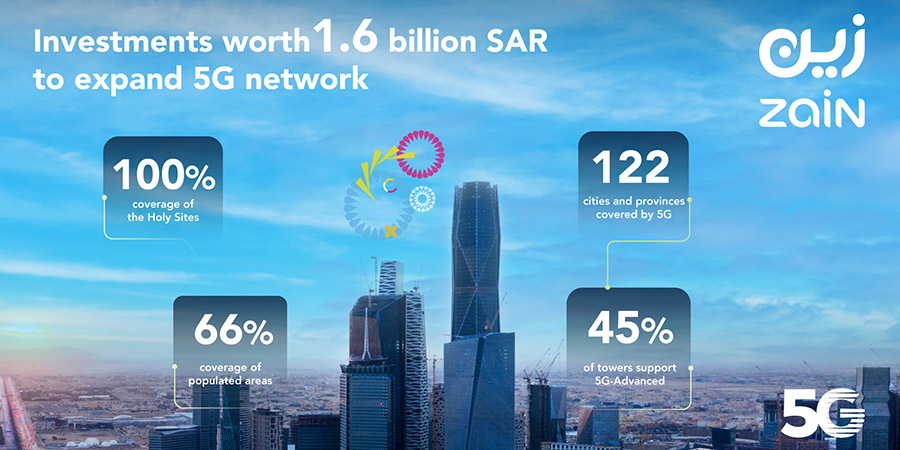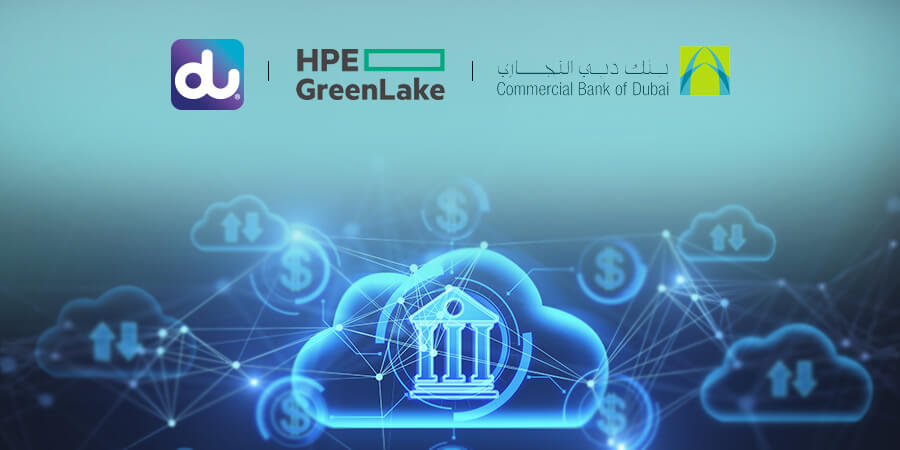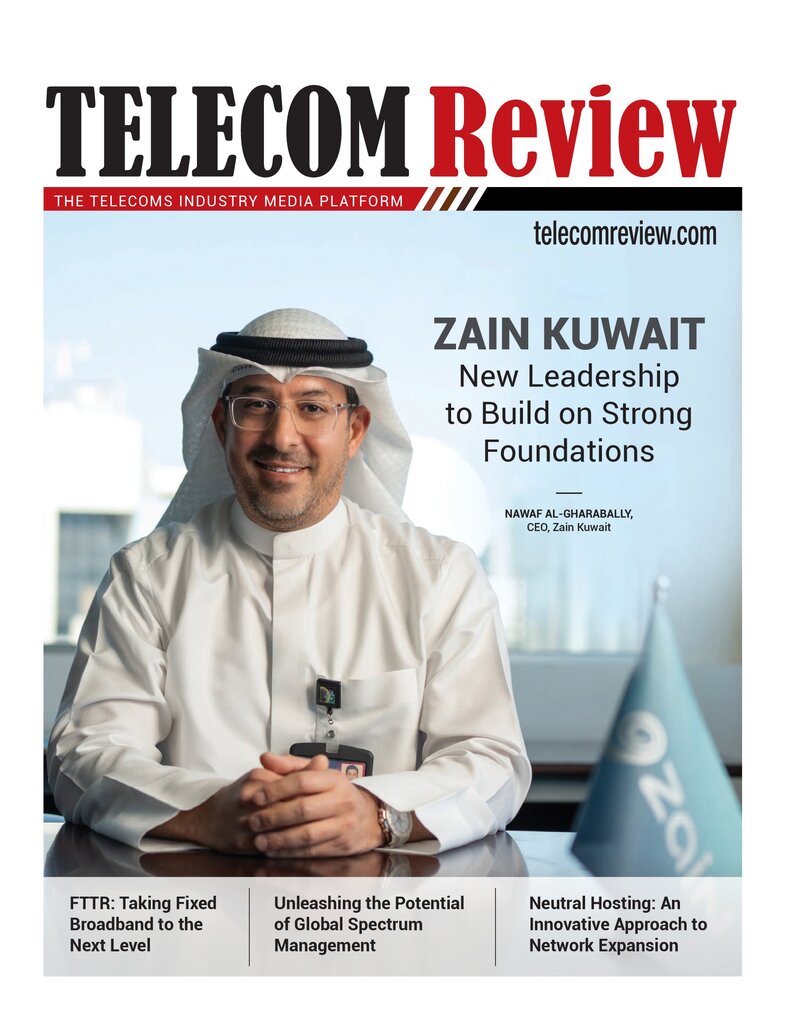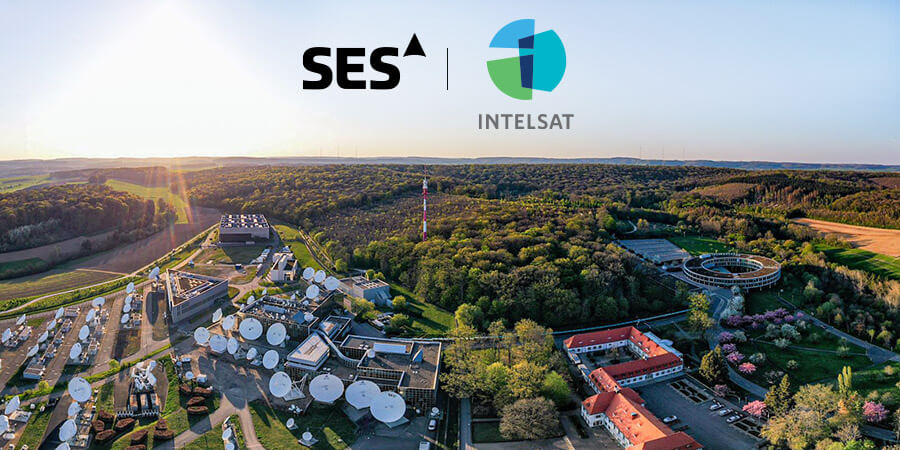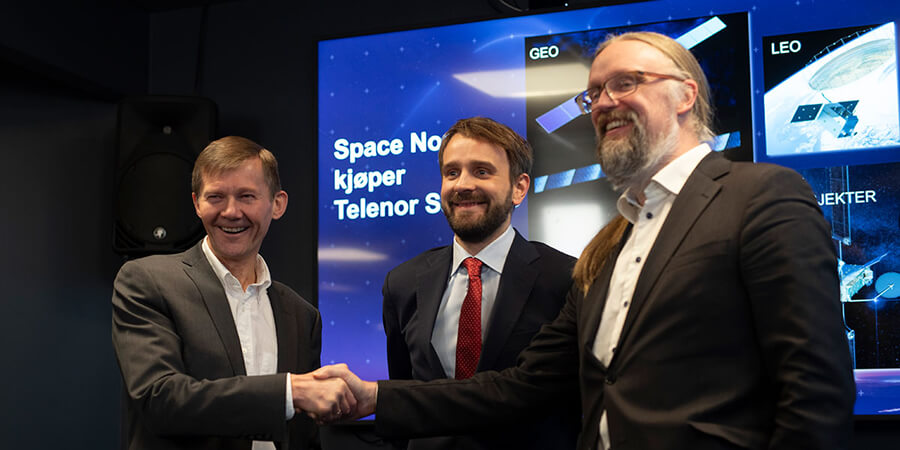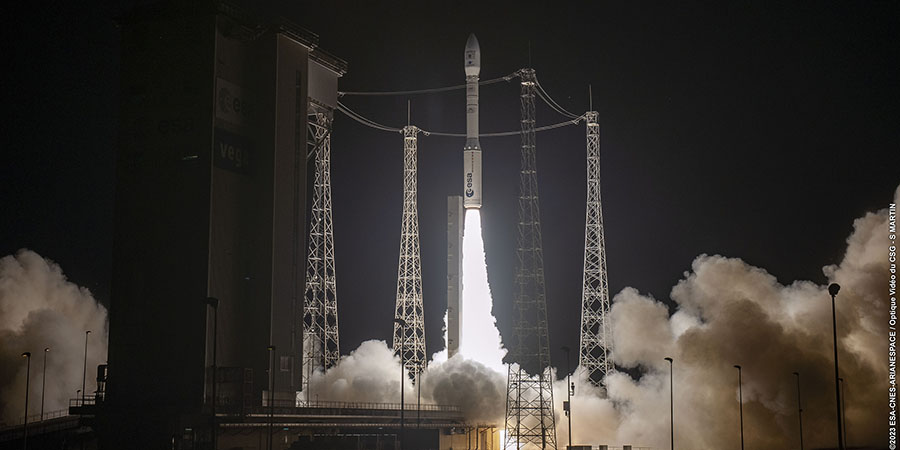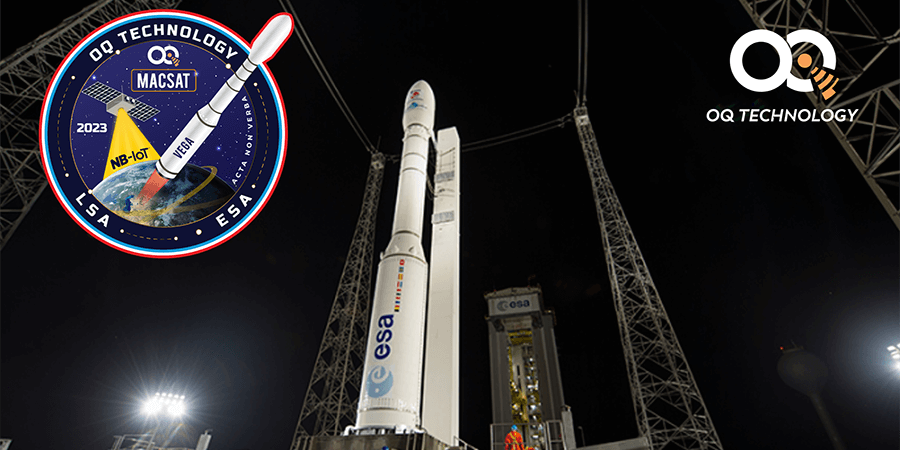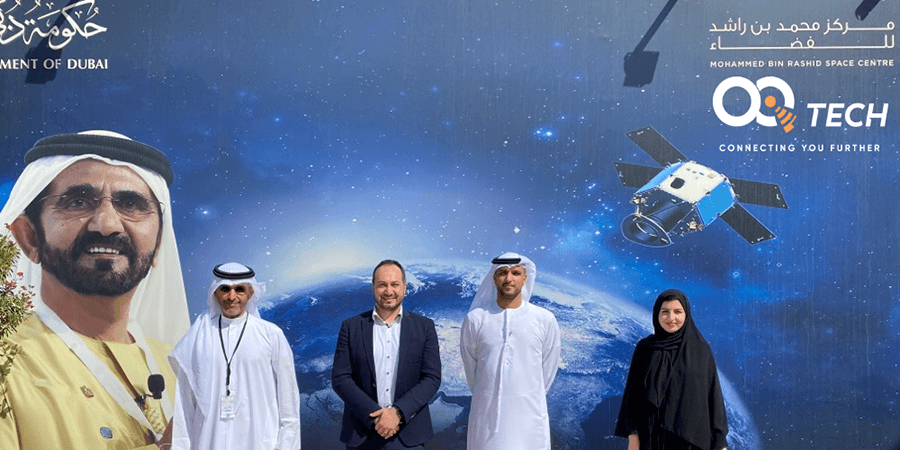In contemporary technology, cloud computing stands out as a significant advancement, impacting various sectors and serving as a driving force for individuals, businesses, and data access. Its ongoing journey of improvement reflects a commitment to resolving intricate challenges effectively.
Cloud computing's impact extends beyond specific industries, igniting a data science revolution. Despite presenting challenges, cloud computing has introduced innovative algorithms that play a pivotal role in addressing and navigating these complexities.
The Revolution of Data Processing
Quantum computing addresses mathematical problems by executing quantum models based on the principles of quantum theory. What distinguishes supercomputers from regular ones is the method of data transfer; quantum computers use ‘quantum bits’ or qubits, enabling the observation and measurement of vast amounts of data. This advancement benefits data scientists, particularly in terms of data processing and handling complex scenarios such as molecular formations.
Quantum Computing's Role in AI and Data Science
Quantum machine learning (QML) and quantum artificial intelligence (QAI) lead major advancements in artificial intelligence (AI). These computers are trained similarly to neural networks, utilizing physical control parameters to solve problems through the coding process. Data workflows in computing occur in milliseconds, promising significant advancements.
An illustrative use case involves a machine learning (ML) model trained to categorize content within documents, achieved by encoding the document into the physical state of the device for measurement. Quantum computing, coupled with AI, promises intricate data science workflows, offering actionable insights beyond imagination.
Quantum Machine Learning Research
Major industry players have made substantial investments in quantum computing. Despite not yet being considered a practical business-level solution, ongoing research in the field is rapidly advancing. The technical challenges associated with quantum computing are expected to be addressed sooner rather than later, especially with the integration of machine learning.
In 2019, experimental research showcased the potential fusion of machine learning and quantum computing, utilizing a two-qubit quantum computer to enhance supervised learning classification. This breakthrough paves the way for further exploration of the complete potential of this technological synergy.
Exploring Quantum Machine Learning Initiatives
Delving into cutting-edge quantum computing endeavors exemplifies the vast potential of this transformative technology. Initiatives, such as the Quantum Initiative, focus on developing an open-source platform, empowering developers to construct quantum machine learning models using python. This effort propels ongoing innovation in quantum algorithms and the practical applications of machine learning.
The Quantum Challenge, a multi-day event, emphasizes the integration of traditional software development with quantum computing applications. Attracting nearly 2,000 participants, this challenge educates developers and researchers, preparing them for the imminent quantum computing revolution.
The Cloud-Based Quantum Random Number Generator (QRNG) Project, launched in September 2021, brings together experts in the field of quantum computing. This collaborative effort introduces a cloud-based QRNG developed by combining the expertise of various stakeholders. Beyond enhancing cybersecurity through advanced data encryption, this groundbreaking application contributes to the development of sophisticated AI systems capable of unpredictable outcomes.
Pioneering a New Era in AI
While current research is in its early stages, the technology's potential is increasingly evident, heralding a new chapter in AI. As ongoing research and educational initiatives progress, quantum computing emerges as a transformative force, empowering versatile real-world applications of machine learning models. In sectors like finance, the integration of quantum AI promises substantial benefits, enhancing capabilities in areas such as stock investment and AI-driven options trading. The advent of tangible quantum computers is poised to revolutionize the application of kernel methods, offering new perspectives for the linear classification of intricate datasets.
Challenges in Cloud Computing
Cloud computing, being a current and emerging topic, encounters numerous challenges, particularly concerning its features and resources. One of the primary obstacles in cloud computing revolves around data privacy and security, with several factors contributing to privacy breaches. This encompasses various areas such as cloud data management and insecure APIs.
Another significant challenge is presented by multi-cloud environments, which is closely tied to issues of data governance and data management policies.
Moreover, performance challenges emerge as a significant aspect among the array of issues in cloud computing, originating from the services offered by vendors to their clients.
In conclusion, the future of QML holds immense promise, however, significant strides are required before its integration into mainstream applications. Notably, industry leaders play a pivotal role by providing open-source software and educational resources, enabling larger access to quantum computing architecture and fostering the development of expertise in the field. As the journey unfolds, the convergence of quantum computing and machine learning charts a course towards innovative solutions and transformative advancements in various fields.














